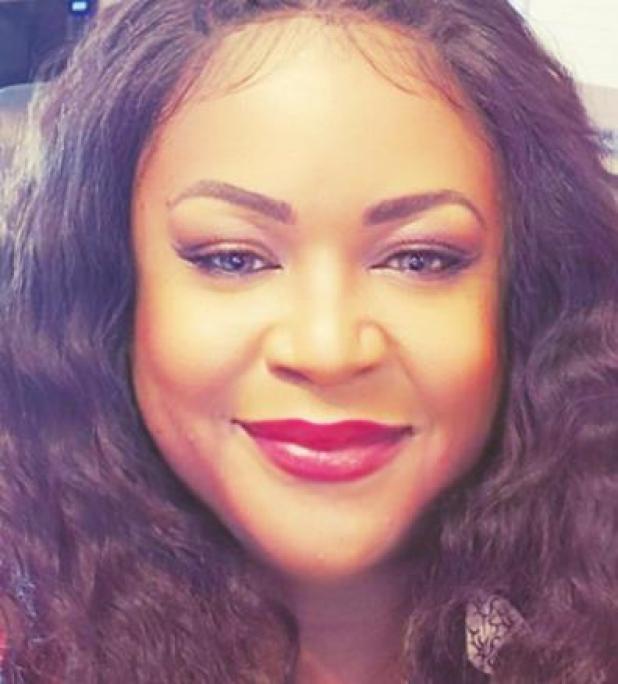
Publisher’s Points to Ponder: The Good, the Bad and the Ugly
We are taught to accept the flaws of the people we love. The Bible instructs us to turn the other cheek when we have been wronged by others. Our parents teach us to love one another as we want to be loved. In marriage, we vow for better or worse. The reality is that we are often hurt by the actions of the people we accept. The question is, how do you deal with the hurt after you have taken the good, the bad, and the ugly sides of the person who hurt you?
Recently, I was hurt by someone I considered to be a friend. For a while, I was on an emotional rollercoaster, and I had trouble sorting through my feelings. I thought I had forgiven the person immediately, but I could not stop thinking about the incident. Every time I saw this person, I would get angry all over again. I could feel the weight of the hurt almost every day. Now, I know that forgiving someone does not mean forgetting about what they have done. You will eventually get to a decent place where you will not allow hurtful thoughts to burden you. I am almost there.
It has been almost three months, and I am better than when the incident initially happened. Ironically, I have thought about how the loss of my friend was like the loss of a loved one in that I went through the same stages of grief: denial, anger, bargaining, depression and acceptance.
Elisabeth Kübler-Ross, author of “On Death and Dying,” introduced the five stages of grief while practicing psychiatry on terminally ill patients. First, I could not believe the horrible words that came out of my friend’s mouth. I felt like I had fallen down the rabbit hole with Alice in Wonderland. I was in denial about the end of our four-year friendship. After I finally accepted that the incident led to the loss of a friendship, I became angry. I had incessant thoughts that made me more furious. I reminded myself that I had forgiven this person, but I was confused about why I was so angry. Eventually, I started thinking of ways to bargain with the person who hurt me. I accepted some of the blame for what occurred, and I wanted to restore our friendship. I thought about sending a card but quickly found reasons why I should not take the high road. Then the depression set in with each thought I have about a friendship that will never exist again. And finally, I stand at the door of acceptance. I accept the good times we had during our friendship, the bad encounters that arose occasionally, and the ugly truth that not all friendships are meant to last. A wise and anonymous poet said, “People always come into your life for a reason, a season or a lifetime.”
Below is a copy of the poem. As you read it, ponder your relationships and accept the life lesson attached to the loss of a friendship. I hope you realize that all losses are not bad; many are opportunities to grow.
“People come into your life for a reason, a season, or a lifetime. When you figure out which it is, you know exactly what to do.
When someone is in your life for a REASON, it is usually to meet a need you have expressed outwardly or inwardly. They have come to assist you through a difficulty, to provide you with guidance and support, to aid you physically, emotionally, or spiritually. They may seem like a godsend, and they are. They are there for the reason you need them to be. Then, without any wrongdoing on your part or at an inconvenient time, this person will say or do something to bring the relationship to an end. Sometimes they die. Sometimes they walk away. Sometimes they act up or out and force you to take a stand. What we must realize is that our need has been met, our desire fulfilled; their work is done. The prayer you sent up has been answered and it is now time to move on.
When people come into your life for a SEASON, it is because your turn has come to share, grow, or learn. They may bring you an experience of peace or make you laugh. They may teach you something you have never done. They usually give you an unbelievable amount of joy. Believe it! It is real! But, only for a season.
LIFETIME relationships teach you lifetime lessons; those things you must build upon in order to have a solid emotional foundation. Your job is to accept the lesson, love the person/people (anyway); and put what you have learned to use in all other relationships and areas of your life. It is said that love is blind but friendship is clairvoyant.” — UNKNOWN AUTHOR
